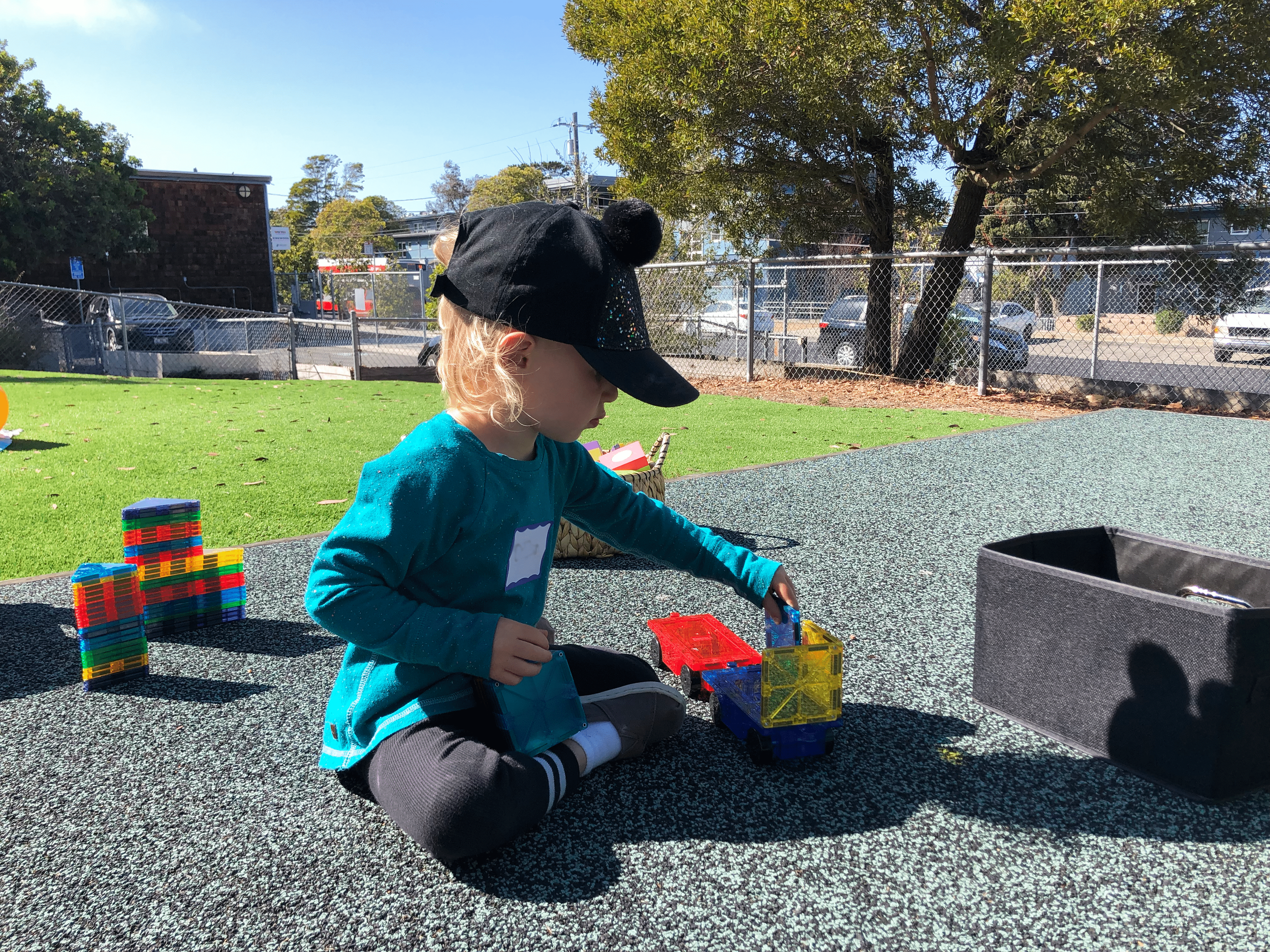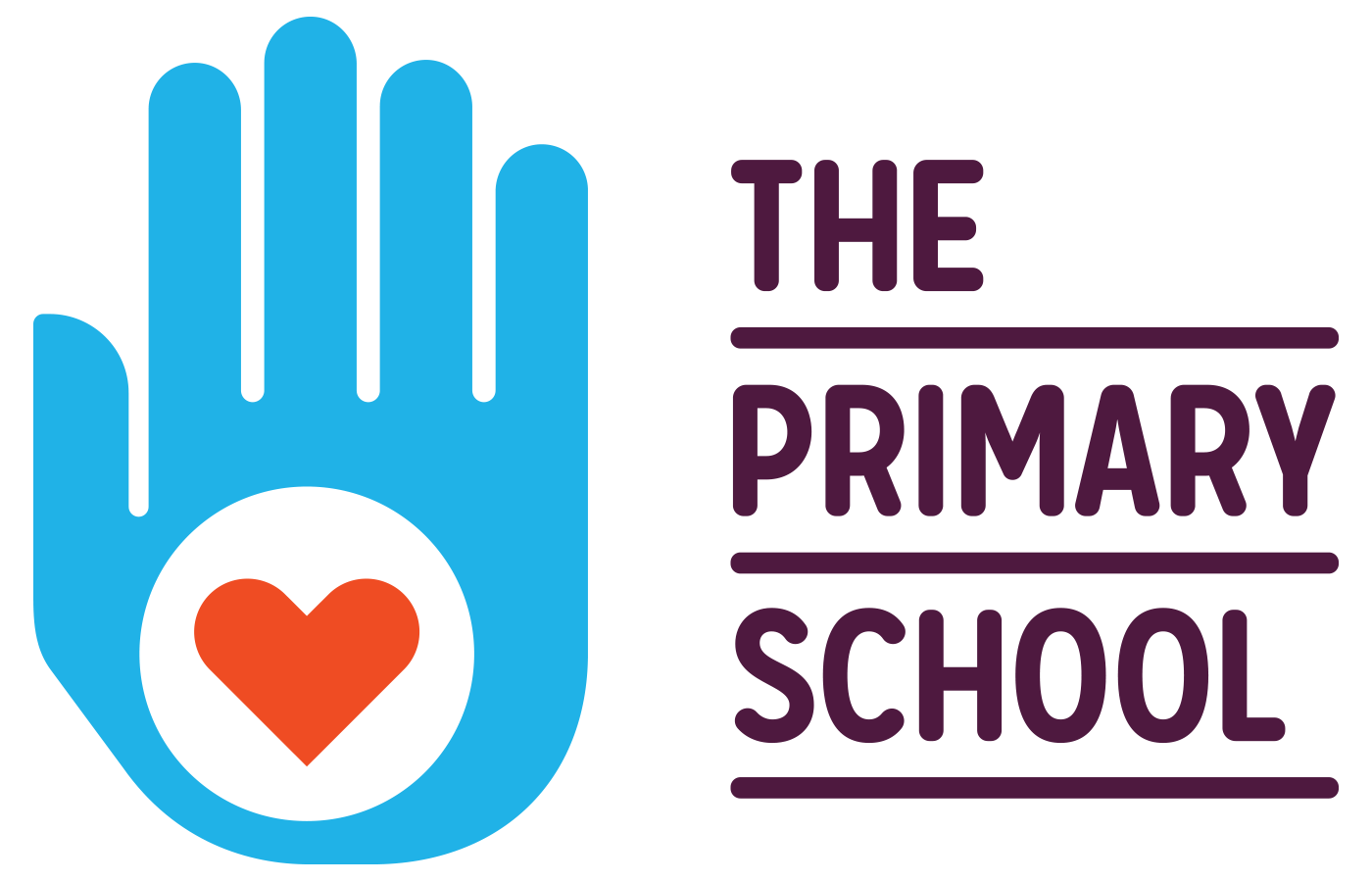
ABOUT THE PRogram
We created Bridge to Preschool to increase the preschool readiness of children by focusing on improving social emotional learning skills in the months leading up to preschool.
Being a parent of a toddler can be a lonely experience, particularly for parents in low-income communities, where it can be difficult to access high-quality services, guidance, and care. One of the consequences is the missed opportunity to identify and act on developmental delays before a child enters formal school. Studies have indicated that the lack of routine screening nationwide could mean as many as 70% of developmental delays are going undetected until kindergarten (1), when intervention becomes more expensive, less effective, and less likely that a child will ever be able to catch up to their peers.
We launched Bridge to Preschool in 2018 to provide dual-generation support for toddlers and their parents — largely around social-emotional learning and language skills — to help prepare them for preschool. All of our incoming three year olds receive developmental screenings and referrals to pediatricians or other specialists as necessary.
The program is currently being implemented at our flagship school in East Palo Alto, California. We also piloted the Bridge to Preschool program in San Francisco for the first time in 2021 and will continue to grow the impact of the program.
Program Components
GUIDE CHILDREN
During weekly sessions that mimic a typical preschool setting, children are introduced to classroom routines and receive support building their social skills, emotional regulation, and body awareness.
Partner with Parents
Parents participate in group sessions with their children, and may also attend a facilitated group discussion with the other parents about social emotional development, and school readiness.
SUPPORT PRESCHOOL TRANSITION
Bridge to Preschool teachers work closely with preschool teachers in August to ensure a smooth and successful preschool transition. They provide resources, guidance, and coaching for preschool teachers welcoming Bridge to Preschool students.
Key Outcomes
Over the years and across sites, we saw that after participation in Bridge to Preschool, parents and children feel more prepared for preschool, more familiar with preschool routines, children increase their social emotional skills and parents are using skills to support their child’s SEL development.
Child Outcomes
Social Emotional Learning
*As measured by SSIS (2)
“[Bridge to Preschool] teachers gave him the confidence to connect with other kids, making it fun and easy to learn.”
Bridge to Preschool parent
PARENT OUTCOMES
Social Emotional Learning
“I really liked the friendships we [parent and child] got and the support.”
Bridge to Preschool parent
Next Steps
“[Strategies from the Bridge to Preschool team…] helped to create a smooth Bridge to Preschool and preschool transition for the child, plus knowing what to expect and how to approach the child and family.” - Preschool Teacher at The Primary School
Our team continues to refine and improve the program to ensure children enter preschool with the social skills that will catalyze their growth. We are using recent findings to directly inform plans for future programming. For example, we observed children who entered Bridge to Preschool with stronger expressive language skills were able to make greater gains in their social emotional skills. As a result, starting in January 2020, we added a language-focused program delivered prior to Bridge to Preschool and have seen promising outcomes. We are excited to continue exploring the impact of a separate, intentional language phase.
Long-term, we hope to see Bridge to Preschool implemented in many different educational environments: as the backbone of an innovative federal Early Head Start operation, a full or hybrid home visiting model, or an integrated partner for state preschool programs and school districts (especially as California moves forward on their Universal Transitional Kindergarten plan).
LEARN MORE
If you are a parent interested in learning more about the program, please reach out to nerissa.broughton@theprimaryschool.org.
If you are interested in becoming a partner in this work and piloting Bridge to Preschool, you can learn more here or reach out to carson.cook@theprimaryschool.org.
Footnotes
- Data is from 2019
- Data is from 2019






